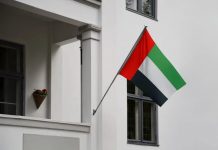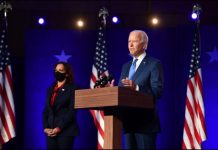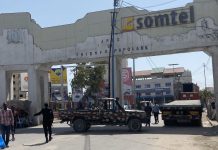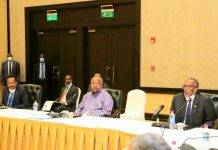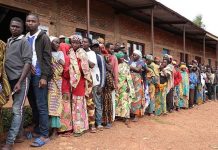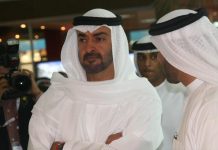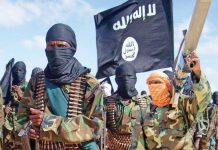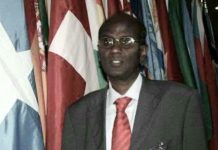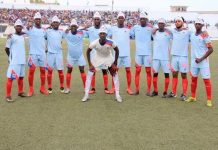Mogadishu (UM) – Holy month of Ramadan is truly special for all Muslims, but it also raises financial insecurities among many interviewed by UM.
The interviewees all agreed that, for many in work, there is intense pressure to support more family members with limited or no income.
“Ramadan and Eid are special to me but because I work for an International NGO my family think I have a lot of money and can support them all in this month,” said Mohamed Abdirahman, a civil servant. “Only God knows how hard I work for the little I get and how I already dedicate most of this money to supporting those I can in my family.”
“I do provide more financial support to my family in Ramadan but because I have a shop, many relatives and friends borrow from my store by taking goods and promising to pay later. This is always a problem because they do not always pay back,” said a shop owner who did not want to be named.
Many interviewed spoke of the unifying atmosphere of Ramadan which allows them to pool their resources for iftaar. This is something almost all in work who were interviewed contributed to or hosted in their homes and businesses.
“A way for poorer people, especially, relatives and friends, to save money is to eat together or find a place to break their fast for free like a mosque or a relative’s home,” said Abdi Farah, a pharmacist in Hargeisa. “I host over 30 family members daily over this Holy month of Ramadan.”
While financial pressures increased for most interviewees in work, it lessened for the unemployed and those in low wage jobs.
“I am happy in Ramadan because I am supported by relatives who have successful businesses and work in government,” said Mohamud Arte, a labourer in Mogadishu. “Life is hard now because there are few jobs and little money for people like me but Ramadan I get help from family.”
Another financial challenge opens after Ramadan with the festival of Eid for all the interviewed. Those that are employed are further pressurised to support poorer family members with gifts and financial assistance. While most who could admitted to supporting their family members, others felt that they could not because the cost of celebrating Eid has risen too much in Somalia.
“I always support family where I can during Ramadan and Eid but now the cost of this support is too much. Everything in Somalia is imported and traders raise prices to profit during Eid,” protested Abdi Jimaale, a university lecturer in Mogadishu.
“Eid in Somalia is unaffordable now because if you support one family member, you have to support them all. I only earn $300 a month and I cannot even support myself in Mogadishu,” said Abdi Adan, a private sector employee.
Most interviewed felt that the Somali government should open free feeding centres for Iftaar during Ramadan. They also suggested the government encourage traders to reduce the cost of goods during Eid so all can celebrate together but they agree both are not going to be easy.
“The month of Ramadan and Eid are very important for all Muslims and not just Somalis. I think we should all help each other. For those who can, they should provide as much as possible because Allah SWT will reward them. For people like me who have nothing, we will make Dua for those who support us,” said an elderly man who did not want to be named in Mogadishu.









